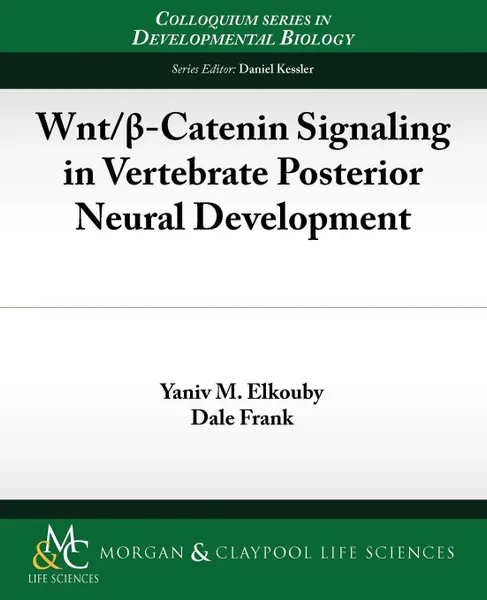Wnt/ -Catenin Signaling in Vertebrate Posterior Neural Development 14+
Автор: Yaniv Elkouby,
Dale Frank
2010
86 страниц
Категория: Научная литература
ISBN: 9781615040544
Язык: Английский
📕 The Wnt/β-catenin signaling pathway is a key regulator of cell fate specification, differentiation, and growth in multiple systems throughout the animal kingdom. In vertebrate posterior neural development, Wnt/β-catenin signaling controls this complex multistep process. It initially induces the posterior regions of the nervous system, including the mid-hindbrain border, hindbrain, spinal cord and neural crest, and then subsequently fine-tunes the pattern of each region and determines the different cell fates within them. In this review, we explore the function of the Wnt/β-catenin pathway during the formation of these specific posterior neural regions. We have examined the important transcriptional targets of the Wnt/β-catenin pathway acting downstream to mediate its morphogenetic activity. Different regulatory networks are activated in different posterior neural regions, and these networks induce specific neural cell types in each region. Eludidating how each of these networks specify different cell fates is crucial for understanding the basic tenets of how Wnt morphogenetic activity induces the posterior nervous system during the earliest stages of vertebrate development.Table of Contents: Introduction / Making the Neural Rear / Wnt Morphogenetic Activity in Neural Posterior Induction / Induction of the Midbrain-Hindbrain Border / Induction of the Hindbrain / Induction of the Spinal Cord / Downstream of Wnt: Hindbrain or Spinal Cord? / Neural Crest Induction / Anti-Wnt Ante...
Мнения
